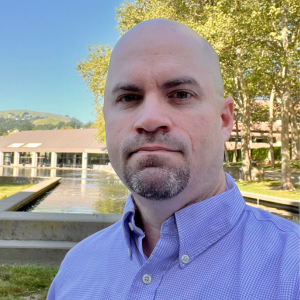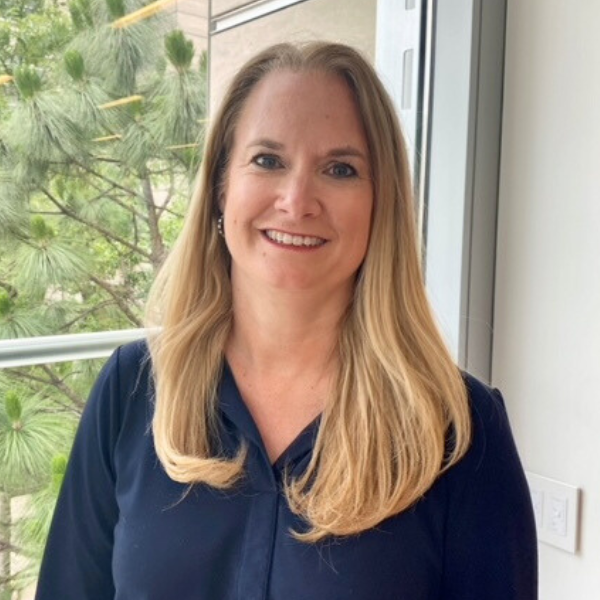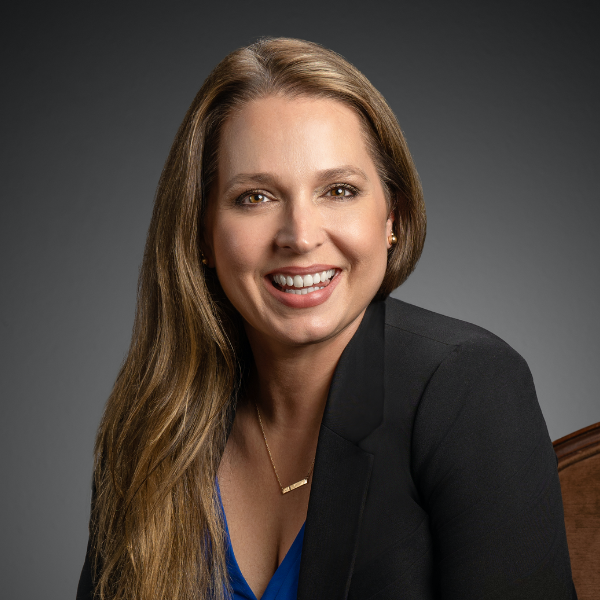About Us
The leading Petroleum brandowners in the United States launched the Lubricant Packaging Management Association (LMPA) powered by Interchange 360 to respond to the US Extended Producer Responsibility (EPR) laws on behalf of the petroleum industry. We serve the petroleum and automotive sector by providing Members with support in complying with State Extended Producer Responsibility (EPR) Laws and by returning material to its Members and suppliers for the creation of new products.
As a 501(c)(3) nonprofit, LPMA powered by Interchange 360’s directive is to provide the Producers of petroleum and automotive products with sustainable, transparent, and cost-effective support for their EPR Compliance needs and their Circular Economy objectives.
Founding Members
LPMA powered by Interchange 360 was founded by five leading Petroleum companies—BP Lubricants USA, Inc. (Castrol), Chevron U.S.A. Inc., ExxonMobil Oil Corporation, Pennzoil-Quaker State d/b/a SOPUS Products (Shell) and VGP Holdings LLC (Valvoline)—in response to the passage of EPR laws in several States.
Alert and responsive to stakeholder demands and aligned with environmental stewardship integrity, these companies saw the need to develop a strategy to ensure petroleum and automotive products would be responsibly managed as EPR laws expand throughout the United States. They share a dedication to sector leadership in response to a global initiative.
National Board of Directors
LPMA powered by Interchange 360 is managed by a multi-stakeholder Board of Directors with representation from a variety of sectors.

BP Lubricants USA, Inc.

Chevron USA, Inc.

ExxonMobil Oil Corporation

Valvoline LLC

Pennzoil-Quaker State

Interchange Recycling
Executive Lead

What is LPMA powered by Interchange 360?
LPMA powered by Interchange 360 is a National EPR program built by industry, for industry. It is a National 501©(3) nonprofit organization that is transparent and accountable to its Members in providing compliance and Circular Economy solutions.
Working collaboratively with other industry organizations, LPMA powered by Interchange 360 enables member compliance in all EPR states and future EPR states by providing state-specific solutions for petroleum and automotive products and packaging.
LPMA powered by Interchange 360 members include petroleum and automotive product brand owners and Retailers. LPMA powered by Interchange 360’s approach is flexible, providing solutions according to the specific state’s needs.
Who is leading LPMA powered by Interchange 360?
LPMA powered by Interchange 360 is Producer-controlled and is governed by the Board of Directors and supported by the CEO and Management team using a compliance execution model.
What is Extended Producer Responsibility (EPR)?
EPR stands for Extended Producer Responsibility. For the Producer, this means that their responsibility spans from the entire lifecycle of the product, meaning that it extends through the post-consumer phase, including waste reduction, recovery, recycling, and reuse, and in many cases, includes the design, operation, and financing of the recycling program.
The intent of state EPR laws is to shift financial responsibility to producers for the products and packaging that go into the marketplace and away from the municipalities and regional waste authorities.
Most states have many similar requirements related to EPR. The regulatory focus in each state is on brand owners (Producers) or companies that license or trademark a brand in which the product is sold or brought into the state by a third party. Producers often develop a Producer Responsibility Organization (PRO), which manages the collection, transport, and recycling of products to ensure environmentally sound management of these products.
Typical Features:
- Producers are required to comply with the State EPR Law
- Producers can form/join a Producer Responsibility Organization (PRO) or develop an Alternative Collection Program (ACP)
- Producers fund the PRO or ACP by paying fees based on volume/amount sold by product type and by state
What Is Extended Producer Responsibility (EPR) For Petroleum and Automotive Products?
State EPR laws apply to Producers of many consumer-based products across multiple industries, including the petroleum and automotive industry. While there can be slight variations in applicability between states, in general state laws requires the Producer or “first-seller” of a product and its packaging in a state to comply. State EPR laws require Producers to be responsible for the products that they make and sell. Including the post-consumer collection and recycling.
To understand the particularities and differences of each state, the Product Stewardship Institute has developed a comparison tool that is accessible through its webpage.
Why Does Petroleum And Automotive Packaging Require Separate EPR Collection From the Consumer Product Goods curbside collection programs?
The Consumer Product Goods (CPG) packaging collection programs, often called curbside residential collection program, have similar objectives to Interchange 360 in that they aim to provide the material back to their members for the creation of new products and packaging. Petroleum and automotive packaging often contaminates and adds costs the CPG recycling stream and makes it cost-prohibitive to collect and recycle in a co-mingled system. Globally, where there is an EPR requirement for Packaging, Petroleum and Automotive packaging is almost always collected separately as it is more efficient, more cost-effective and provides better environmental outcomes.
Why Join LPMA powered by Interchange 360?
LPMA powered by Interchange 360 is the National EPR program for the Petroleum and Automotive Industry. If you sell products into a State with an EPR Law, you will be required to comply with that Law by reporting your sales and meeting the State collection and recycling targets. LPMA powered by Interchange 360 makes compliance easy and efficient for the industry through:
- Cost efficiencies from sector-wide collaboration
- Execution through an experienced team and industry knowledge
- Producer-controlled and industry-specific solutions
- Right-sized design to provide a solution according to the specific state’s needs
Who Can Join LPMA powered by Interchange 360?
All producers of petroleum and automotive products are welcome to join Interchange 360.
What is the deadline to join?
Each State has set different deadlines for different requirements, and often include pre-implementation deadlines for program development and planning. More details can be found on the State Response Plan page.
Based on requirements, we have set the following deadlines by State for members to join:
- Colorado – October 1, 2024
- California – TBC
- Maine – TBC
- Oregon – TBC
- Vermont – TBC
How To Join LPMA powered by Interchange 360?
Please complete the Notice of Intent form on the Producers page and we will provide you with membership details and develop a program that is in compliance with the requirements in each state.
Key Acronyms
Below is a list of some of the important acronyms related to LPMA powered by Interchange 360:
- EPR – Extended Producer Responsibility
- PRO – Producer Responsibility Organization
- ACP – Alternative Collection Program
- PPA – Poison Prevention Act
- PSI – Product Stewardship Institute
- CPG – Consumer Product Goods
- NLCRC – National Lubricant Container Recycling Coalition